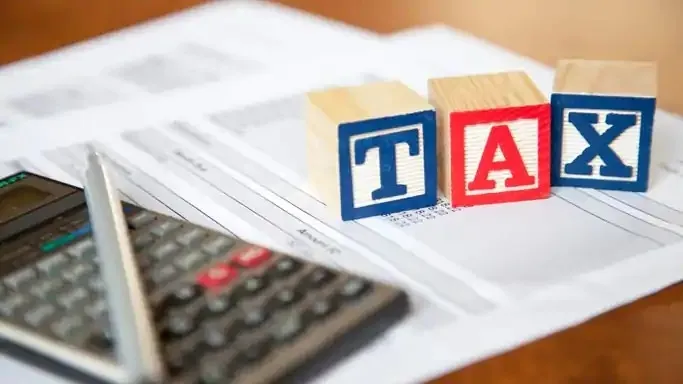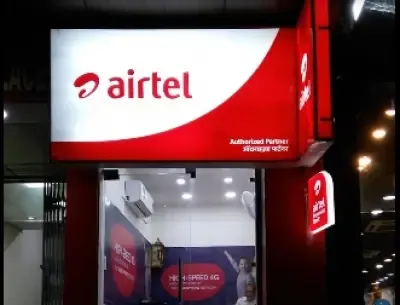CBDT Unveils Digital Initiative to Assist Taxpayers with Income and Transaction Discrepancies

New Delhi, Dec 17 (NationPress) The Central Board of Direct Taxes (CBDT) has initiated a digital campaign aimed at aiding taxpayers in rectifying discrepancies between the income and transactions documented in the Annual Information Statement (AIS) and those declared in Income Tax Returns (ITRs) for the fiscal years 2023-24 and 2021-22, as stated in an official announcement made on Tuesday.
The campaign primarily focuses on individuals with taxable income or high-value transactions reported in their AIS who have not yet filed their ITRs for those years, according to the statement.
This initiative is a part of the execution of the e-Verification Scheme, 2021.
To support this campaign, informational communications have been dispatched through SMS and email to both taxpayers and non-filers where discrepancies between AIS and filed ITRs have been detected.
The aim of these communications is to remind and assist individuals who may not have fully reported their income in their ITRs, encouraging them to take this chance to file revised or belated ITRs for FY 2023-24, as per the CBDT announcement.
The deadline for submitting these revised or belated ITRs is set for December 31, 2024.
For cases related to FY 2021-22, taxpayers are permitted to file updated ITRs by the limitation date of March 31, 2025. Taxpayers also have the option to provide feedback, including disputing the information reported in the AIS, via the AIS portal accessible through the e-filing website (https://www.incometax.gov.in/iec/foportal/).
This initiative underscores the commitment of the Income Tax Department to utilize technology for enhancing compliance and ensuring transparency. By leveraging third-party data, the department seeks to establish a more efficient and taxpayer-friendly system that aligns with the vision of Viksit Bharat, as mentioned in the statement.
The CBDT urges all eligible taxpayers to seize this opportunity to meet their tax obligations and contribute to the economic development of the nation. This endeavor not only supports the government’s vision for a developed India but also fosters a culture of transparency, accountability, and voluntary compliance.









